Unmatched Portable Toilet Rentals: Quality and Variety for All Needs
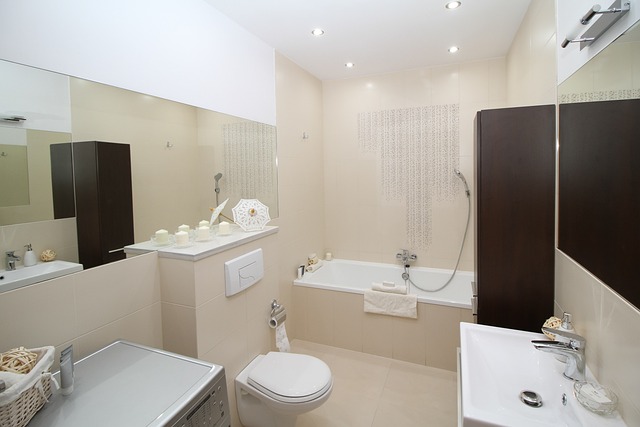
Choosing the right portable toilet rental service is key to a successful event, offering various opt…….
In an era where accessibility, sustainability, and hygiene are paramount, portable toilet rental has emerged as a dynamic solution transforming the way we manage sanitation needs, particularly in temporary or remote locations. This article aims to provide an extensive overview of the portable toilet rental industry, exploring its definition, global impact, economic implications, technological innovations, regulatory landscape, challenges, and future prospects. By delving into these aspects, we will uncover the multifaceted role this service plays in enhancing quality of life, supporting events, and promoting environmental stewardship worldwide.
Portable toilet rental refers to the provision of clean, portable sanitation facilities for temporary use, typically in settings where permanent plumbing systems are unavailable or impractical. These portable toilets, also known as portable sanitaries or portable restrooms, offer a convenient and hygienic alternative to open-air or unsanitary convenience areas. Core components include a sanitary compartment, collection system, ventilation, and often, handwashing stations.
Historically, portable toilet rentals have been used for various purposes, from construction sites and outdoor events to disaster relief efforts and remote camping locations. Over time, the industry has evolved significantly, incorporating advanced technologies for improved comfort, hygiene, and environmental friendliness. Today, portable toilet rental services cater to a diverse range of clients, from event organizers and property managers to government agencies and humanitarian organizations.
The impact of portable toilet rental is felt globally, with significant trends shaping its growth and development across different regions. According to market research, the global portable restroom industry was valued at USD 2.3 billion in 2021 and is projected to grow at a CAGR of 5.5% from 2022 to 2030. This growth is driven by several factors:
Increasing Outdoor Activities: The rise in outdoor recreation, camping, and tourism has led to a higher demand for portable sanitation solutions, especially in remote destinations.
Construction Boom: Rapid urbanization and infrastructure development projects require portable toilets for construction sites, contributing significantly to market expansion.
Disaster Relief Efforts: In the aftermath of natural disasters, portable toilet rentals play a crucial role in providing essential sanitation facilities, ensuring public health and safety.
Environmental Awareness: Growing environmental consciousness has prompted the adoption of eco-friendly portable toilets, reducing the reliance on disposable plastic and promoting sustainable practices.
Regional trends showcase diverse adaptations to meet local needs:
| Region | Key Trends |
|---|---|
| North America | Focus on luxury portable restrooms with amenities like flushing toilets and climate control, catering to high-end events and construction sites. |
| Europe | Increasing adoption of eco-friendly options, including compostable toilet systems and renewable energy-powered units. |
| Asia Pacific | Rapid urbanization drives demand for portable toilets in densely populated urban areas, with a focus on compact, space-efficient designs. |
| Middle East & Africa | Development of large-scale portable sanitation solutions for mega-events like the FIFA World Cup, requiring high capacity and advanced waste management systems. |
The portable toilet rental industry is a significant contributor to global economic systems, with various market dynamics and investment patterns shaping its landscape. Key economic aspects include:
Market Size and Growth: As mentioned earlier, the global market is expanding, driven by increasing demand from diverse sectors. According to a report by Grand View Research, North America accounts for the largest share of the portable restroom market due to high construction activity and stringent environmental regulations.
Investment Opportunities: The industry attracts investors seeking lucrative opportunities in non-traditional sanitation services. Startups and established companies are leveraging technological advancements to offer innovative solutions, fostering competition and market growth.
Cost Analysis: Rental prices vary based on factors like unit type, duration, location, and additional features. On average, portable toilet rentals can range from USD 75 to USD 200 per day, with long-term or bulk rentals offering cost savings.
Revenue Streams: Providers generate revenue through rental fees, maintenance contracts, and upselling value-added services like hand sanitation stations, paper products, and cleaning services.
Technological progress has played a pivotal role in transforming portable toilet rentals into modern, efficient, and environmentally conscious solutions. Some significant advancements include:
Flushing Systems: Traditional gravity-flush toilets have given way to more advanced flushing mechanisms, such as vacuum flush systems, which use air pressure to ensure cleaner and more efficient waste disposal.
Composting Technologies: Eco-conscious providers are adopting composting toilet systems that convert human waste into usable compost, reducing environmental impact and providing a valuable soil amendment.
Renewable Energy: Solar panels and other renewable energy sources power some portable toilets, minimizing their carbon footprint and offering off-grid sanitation solutions for remote locations.
IoT Integration: Internet of Things (IoT) devices enable real-time monitoring of toilet usage, maintenance needs, and waste levels, optimizing fleet management and enhancing customer service.
Smart Sanitation Apps: Mobile applications allow customers to reserve and track portable toilet deliveries, providing transparency and convenience while helping businesses streamline operations.
The portable toilet rental industry is subject to various policies and regulations that govern its operation, safety, and environmental impact. Key considerations include:
Health and Safety Standards: Local authorities set guidelines for sanitation, ventilation, and handwashing facilities to ensure user safety and prevent the spread of diseases.
Environmental Regulations: Rules pertaining to waste management, disposal, and recycling are in place to minimize the industry’s environmental footprint. For instance, some regions mandate proper treatment and disposal of human waste, while others encourage the use of eco-friendly products.
Licensing and Permitting: Businesses operating portable toilet rental services must obtain licenses and permits from relevant authorities, ensuring compliance with local laws and regulations.
Taxation and Fees: Portable toilet providers may be subject to various taxes and fees, including sales tax, use tax, and disposal fees, which vary across jurisdictions.
Despite its growing importance, the portable toilet rental industry faces several challenges and criticisms that require strategic solutions:
Environmental Concerns: One of the primary critiques revolves around the environmental impact of portable toilets, particularly regarding waste disposal and the use of non-biodegradable materials. To address this, providers are encouraged to adopt eco-friendly practices, such as using compostable bags, implementing proper waste segregation, and investing in renewable energy solutions.
Sanitation Quality: Maintaining high sanitation standards is crucial for public health. Critics argue that portable toilets may not always meet these expectations, especially in remote or poorly regulated locations. Regular inspections, strict cleaning protocols, and the use of modern flushing systems can mitigate these concerns.
Accessibility and Affordability: In some areas, access to clean portable toilets remains a challenge, particularly for low-income communities and rural regions. Subsidies, partnerships with local authorities, and community-based initiatives can help bridge this gap.
Infrastructure Limitations: Limited or inadequate infrastructure in certain locations poses challenges for toilet placement and waste management. Portable toilet providers must collaborate with local stakeholders to develop sustainable solutions tailored to specific environments.
The following case studies highlight successful applications of portable toilet rental services, showcasing their impact and the lessons learned:
Case Study 1: Eco-Friendly Festival Sanitation (Europe)
A major music festival in Germany faced the challenge of providing sustainable sanitation for tens of thousands of attendees. The organizers partnered with an eco-conscious portable toilet provider who offered compostable toilets powered by solar energy. This initiative resulted in significant environmental benefits, reducing waste and water usage, and offering a comfortable, clean experience for festival-goers.
Key Takeaways:
Case Study 2: Emergency Response in Disaster Zones (Asia)
Following a devastating earthquake in Indonesia, local authorities collaborated with portable toilet rental companies to swiftly deploy sanitation facilities for displaced survivors. These quick-response units, equipped with handwashing stations and advanced flushing systems, helped prevent disease outbreaks and provided much-needed comfort in the aftermath of the disaster.
Key Takeaways:
Case Study 3: Sustainable Camping Experience (North America)
A national park in the USA introduced portable toilet rentals with an eco-friendly focus for campers, replacing traditional portable toilets with renewable-energy-powered models. This change improved the overall camping experience, attracting environmentally conscious visitors and reducing the park’s carbon footprint.
Key Takeaways:
The future of portable toilet rental looks promising, with several growth areas and emerging trends shaping its evolution:
Smart Sanitation Cities: The concept of smart cities is poised to integrate portable toilet rentals as part of comprehensive sanitation management systems, leveraging IoT technology for efficient fleet monitoring and real-time waste level tracking.
Eco-Innovation: Continued technological advancements will drive the development of even more eco-friendly portable toilets, including biodegradable materials, renewable energy sources, and innovative waste treatment methods.
Sustainable Tourism: Growing interest in sustainable tourism will fuel demand for environmentally conscious portable toilet solutions, particularly in nature-based destinations and outdoor events.
Remote Location Solutions: Off-grid sanitation technologies, such as decentralized waste management systems and portable wastewater treatment plants, will cater to the needs of remote communities and research stations.
Customer Experience Enhancements: Virtual reality (VR) and augmented reality (AR) technologies may be integrated into portable toilet rentals, offering interactive educational content or gaming experiences to engage users and promote sanitation awareness.
Portable toilet rental has emerged as a dynamic force, transforming access to clean sanitation worldwide. From its historical roots to its modern innovations, this industry plays a crucial role in addressing global sanitation challenges, supporting events, and fostering sustainable practices. As the world navigates increasing urbanization, outdoor recreation, and environmental consciousness, portable toilet rentals will continue to evolve, providing efficient, hygienic, and eco-friendly solutions.
Q1: Are portable toilets safe for use in remote areas?
A: Yes, modern portable toilets are designed with safety and hygiene in mind, incorporating advanced flushing systems, handwashing stations, and ventilation to ensure a clean and comfortable experience, even in remote locations.
Q2: How do I choose the right portable toilet rental provider?
A: Consider factors like provider reputation, fleet maintenance, environmental practices, customer service, pricing, and local regulations. Reviews, references, and transparent communication are key to making an informed decision.
Q3: Can portable toilets be customized for specific events or locations?
A: Absolutely! Portable toilet rental providers often offer customization options, including unit size, additional features (e.g., lights, heating), branding, and specialized sanitation solutions tailored to unique event or location requirements.
Q4: What are the environmental benefits of portable toilets over traditional plumbing?
A: Portable toilets reduce water usage, minimize waste through proper waste management, and offer eco-friendly alternatives for remote locations, contributing to overall environmental sustainability and conservation efforts.
Q5: How do I ensure proper maintenance and cleaning of portable toilets?
A: Reputable rental providers offer regular maintenance and deep cleaning services between rentals. It’s essential to communicate your expectations regarding cleanliness levels and report any issues promptly to ensure a positive experience.

Choosing the right portable toilet rental service is key to a successful event, offering various opt…….

For events large and small, Portable Toilet Rentals provide clean, convenient, and customizable faci…….
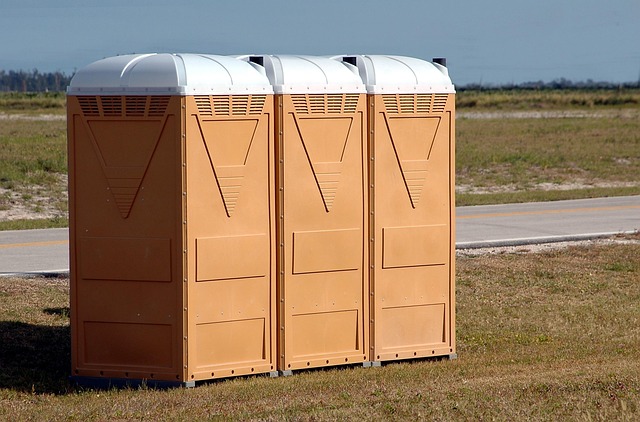
Proper sanitation is crucial for event planning. Local portable toilet rental services offer conveni…….

Construction sites require robust, weather-resistant portable toilets with customized solutions base…….
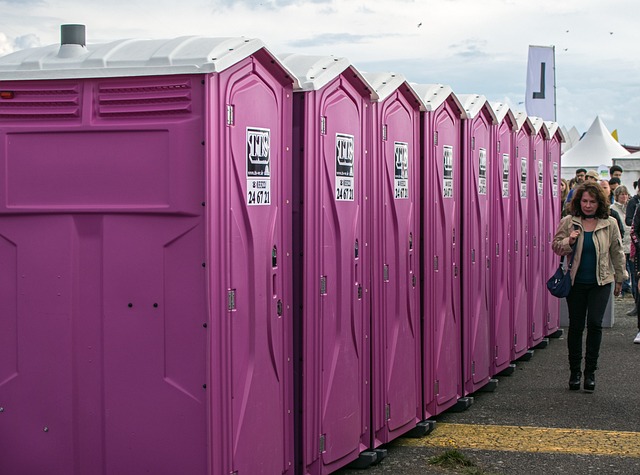
Urgently Portable Toilets offers top-quality portable toilet rentals for events of all sizes, from w…….
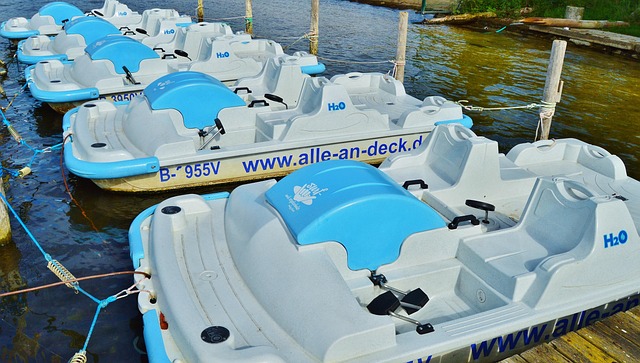
Event planners should prioritize accessible and clean restroom facilities through strategic portable…….
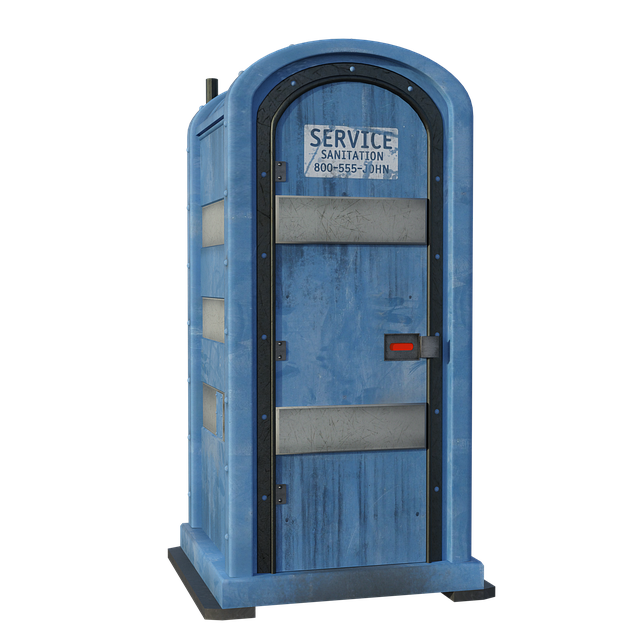
When planning events, Portable Toilet Rental services are crucial for guest comfort. Top-rated compa…….

For events big and small, Portable Toilet Rental offers flexible, sustainable, and affordable soluti…….
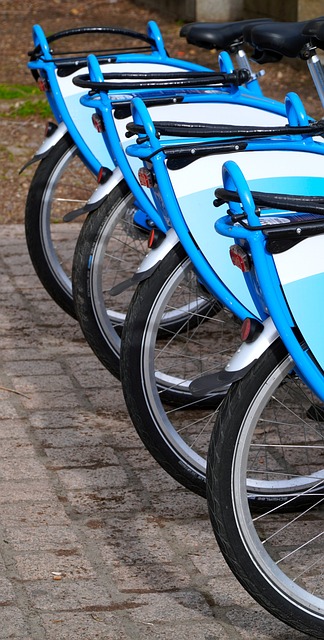
Local experts in Portable Toilet Rental ensure accessible and high-quality sanitation for events and…….

When planning a wedding, consider portable toilet rentals for guest comfort and convenience. Local s…….